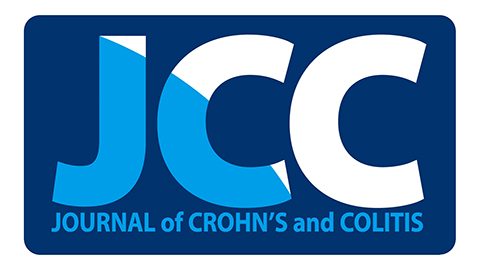
“Inflammatory bowel diseases (IBD) are disorders of chronic intestinal inflammation of unknown etiology. The basic pathophysiological process is that of immune mediated inflammation affecting the intestinal tract. This process is dependent on and governed by both genetic and environmental factors. There are two distinct forms of IBD – ulcerative colitis and Crohn’s disease.
There is no curative medical treatment. Furthermore, over 30% of patients, and over 70% with Crohn’s disease, will need surgical intervention for their disease. Thus, it comes as no surprise that many patients will turn to complementary or alternative medicine at some stage of their disease. Recent information reveals that between 16% and 50% of patients admit to having tried marijuana for their symptoms.
There is a long list of gastrointestinal symptoms that have been reported to be relieved by cannabis. These include anorexia, nausea, abdominal pain, diarrhea, gastroparesis – all of which can be part of IBD. These effects are related to the fact that the gastrointestinal tract is rich in cannabinoid (CB) receptors and their endogenous ligands, comprising together the endocannabinoid system (ECS).
In conclusion, use of cannabis is common in IBD, and it seems to be mostly safe. Accumulating preliminary data from human studies support a beneficial role of cannabinoids in IBD.”
https://www.ima.org.il/FilesUpload/IMAJ/0/228/114217.pdf
https://www.ima.org.il/imaj/ViewArticle.aspx?aId=4045
https://www.ncbi.nlm.nih.gov/pubmed/28457058


 “Literature suggests the role of
“Literature suggests the role of 




